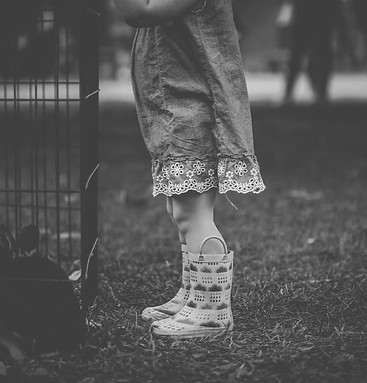MY WRITING
THE WAYWARD WAYS OF LYDIA HAYWORTH
FICTION
Hello! Salaams! Come in, make yourself comfortable. Can I get you tea? How about samosas? I made them fresh and fried them crispy. You’re not like one of those baggy pants, fedora hat wearing hippies I see in Uncle Abdul’s spice shop looking for some chamomile-lavender-hibiscus concoction, are you? Do you take yours with a touch of milk like the English, or with a hint of cardamom and cinnamon like Indian-Indians, you know, chai?
Read the full story in:
YOU CAN SLEEP WHEN YOU'RE DEAD
FICTION
They come to be heard, to be held, to be healed. They come one by one, and all at once. Their names—fear, regret, disappointment, shame, longing, and anger— are pseudonyms for they are her, hidden in spaces unsealed by a career of gravitas and glamour, beyond reach of family, friendships, her husband, her children, spaces that remain open in spite of the laughter, abundance, comforts. They come at that strange hour between wakefulness and sleepiness and stay until the slither of dawn breaks through the slumbering skies. And with them comes tossing, turning, pillow punching, legs tangling between sheets until they gnaw at her innards, grind her to a pulp, regurgitate, and start over.
Read the full story in:
THE DERVISH IN THE RED SKIRT
FICTION
You are in Konya in the central Anatolia region of Turkey. The city is famous for the shrine of Jalal-al-Din Rumi, the 13th Century Persian poet, Sufi mystic, and founder of the Mevlevi Order, commonly referred to as the whirling dervishes. You have been invited to the ‘all female’ Tekke of that Order for a unique experience, a sema ceremony to be performed by only women. It is not the norm for women to whirl in public, but this is a special occasion, it is in honor of Rumi’s birthday.
Read the full story in:
THE TEMPEST
FICTION
The doctor said it was postpartum depression. All you know is you want out, to run from a husband who cups his head in his hands as he tries to understand, to abandon a baby you adore until the crying sets in—crying that sends your thumbs digging into your palms and your toes curling into your soles, crying that soaks your shirts with breastmilk you neglect to pump, crying that unleashes rage, fangs, claws, spitting, shivering.
Read the full story in:
HIS FAVORITE DAUGHTER
FICTION
I pierced the membrane that separated this world from the other, drifted through blood and mucus and lodged into a sinewy fold, delighted to have found a uterus. Only, the uterus did not share my delight. It belonged to a petrified seventeen-year old who sobbed through most of the pregnancy, crying out: Oh Allah, Ya Allah, Allah, Allah. But on non-sobbing days she caressed her belly and even, dare I say, dreamed of dressing me up and playing dollhouse. My arrival, though forbidding was welcomed for her love overwhelmed from the moment she held me.
Read the full story in:
WHAT'S IN A NAME
NON-FICTION
When I was born they shouted the Islamic call to prayer in my ears, sweetened my tongue with a paste made of honey, dates and almonds, and named me Nadiya. Then I became sick—coughing, wheezing, losing my breath. Frightened, my mother raced through the yellow-pages of doctors but none found a malady to treat until my grandmother, a sensible woman more accustomed to doing than praying, insisted I be taken to the local Imam who was known to dabble in the arts of the Hakims, medicine men. He said the name I was given was heavy. It was pressing on my chest. He said Nadiya means ‘the caller’ and that I would call people’s problems to my shoulders, to my chest. He suggested they name me something lighter and freer, so they called me Fiyola, which means snowflake. And I began to breathe.
Read the full story in:





